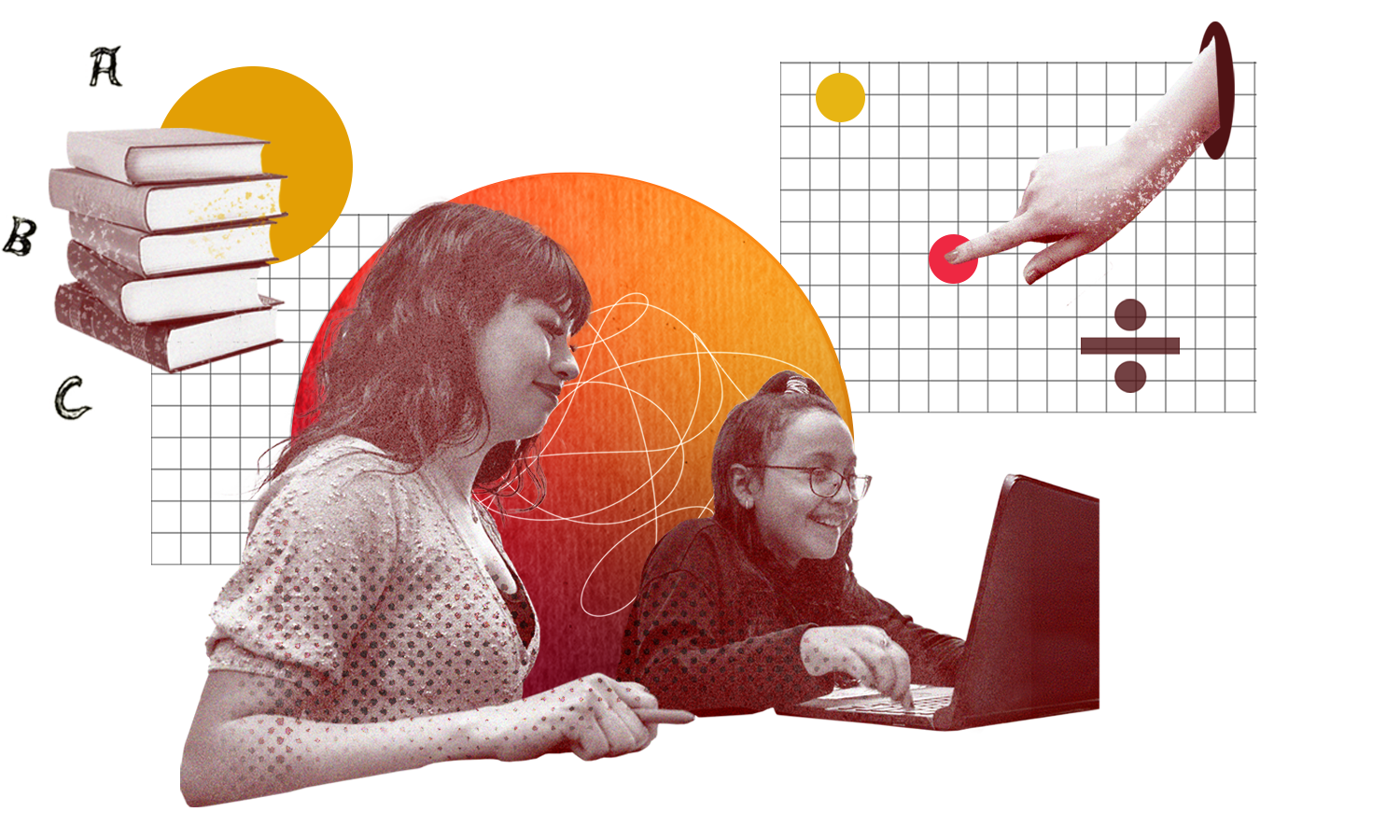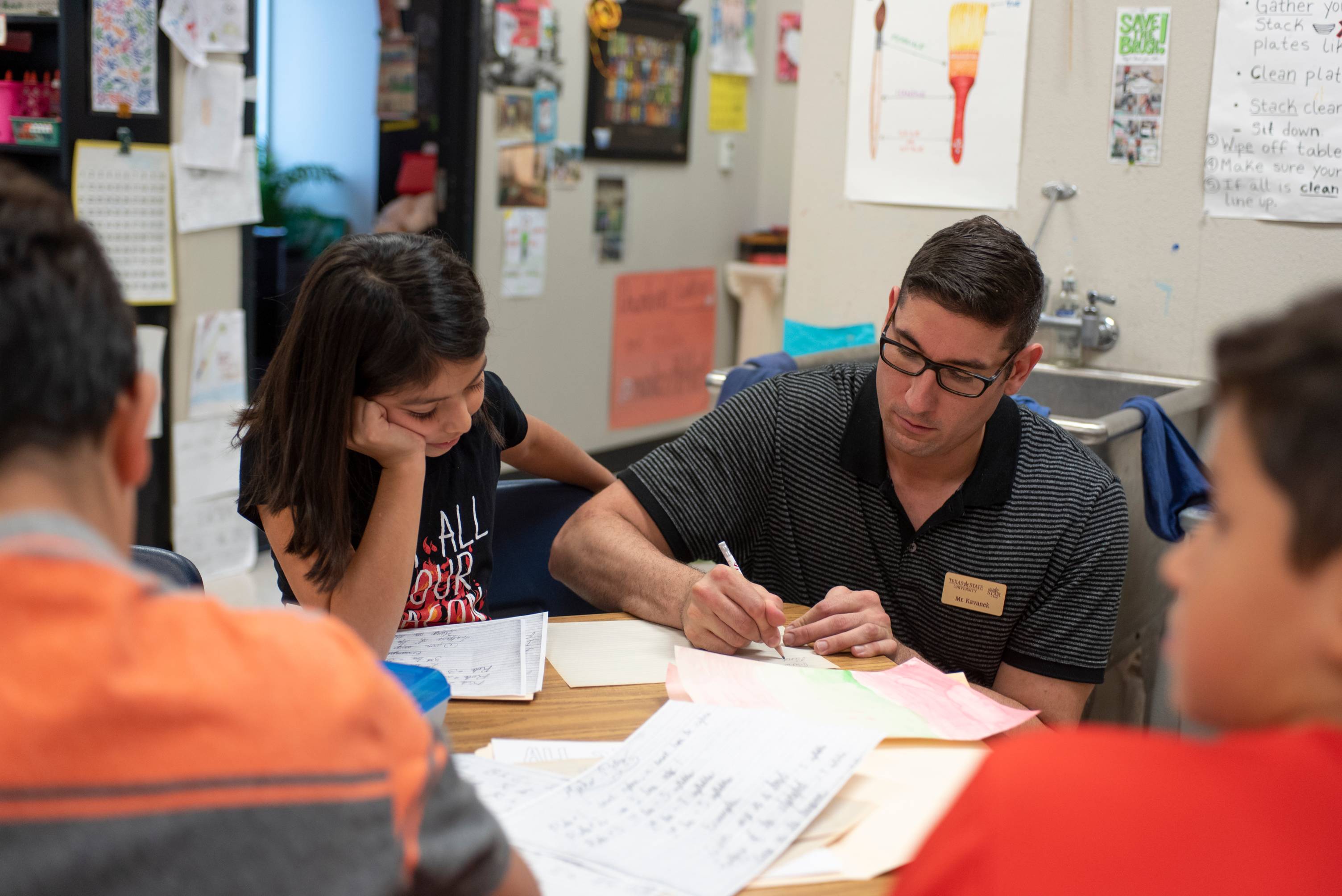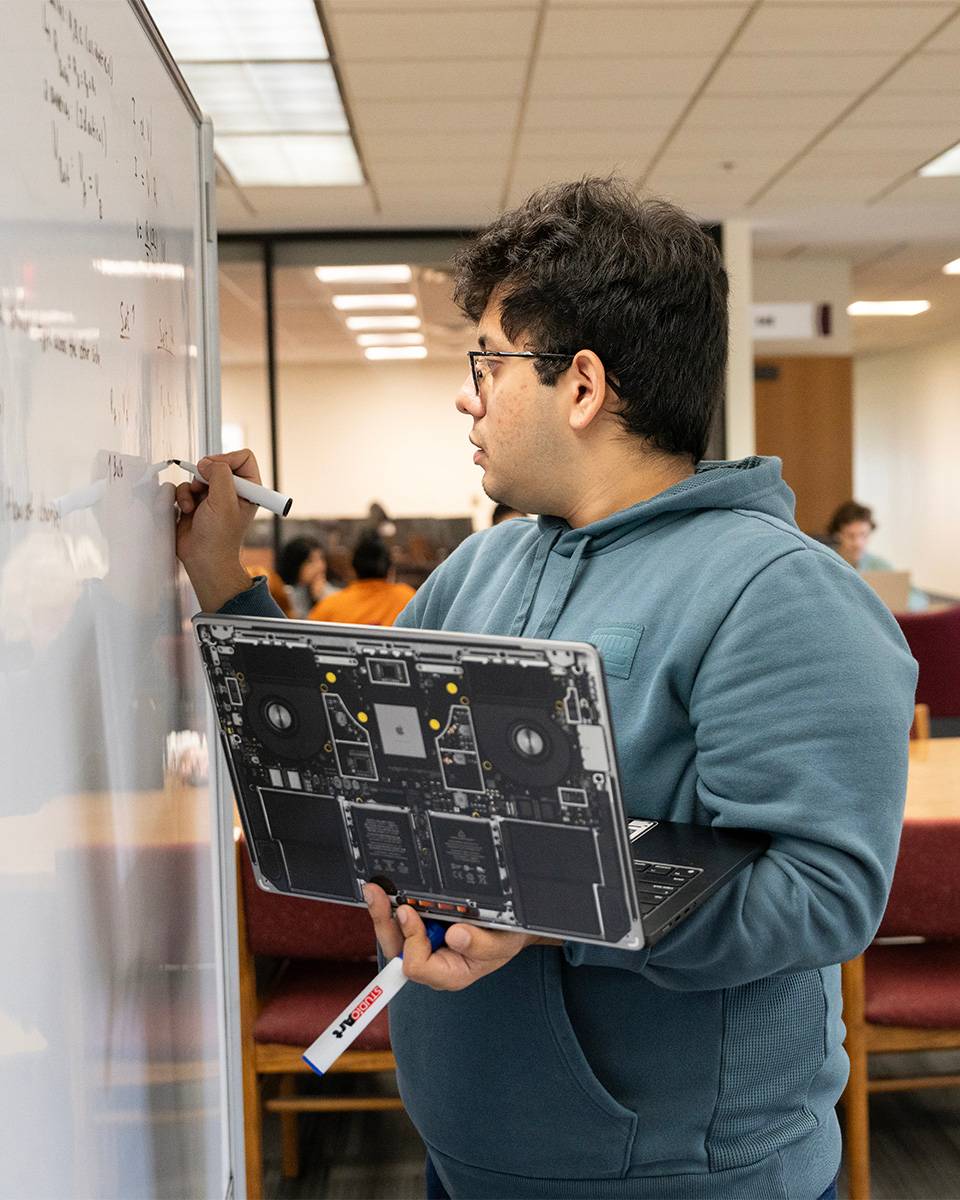On the research front, TXST’s work has attracted millions of dollars in grant funding in recent years.
Dr. Jim Van Overschelde and Dr. Minda López, faculty in the Department of Curriculum and Instruction and co-founders of the Research for EDucator Equity & Excellence Collaborative, have received grants totaling $2.7 million to study ways to improve the quantity, quality, and range of future teachers.
Dr. Shetay Ashford-Hanserd, chair and associate professor in the Department of Organization, Workforce, and Leadership Studies, is leading a $4.9 million National Science Foundation grant-funded effort to leverage community and faith-based organizations to increase participation in STEM+C (Computer) education for historically underrepresented minorities and women.
In the Department of Agricultural Sciences, Dr. Doug Morrish received a $5 million grant from the U.S. Department of Agriculture/National Institute of Food and Agriculture for a workforce preparation program. The project aims to provide hands-on learning activities, scholarships, and paid internships to build a highly qualified food, agriculture, natural resources, and human sciences workforce.
In Round Rock, the Texas State Round Rock Campus has received a total of $2.5 million in federal funding for the STEM-for-All Partnership and Research Initiative. Dr. Leslie Huling, a professor of Curriculum and Instruction and executive director of the LBJ Institute for STEM Education and Research, is overseeing the initiative, which includes a study of the region’s current and future workforce needs to identify gaps and to promote collaborative planning to better meet those needs.


